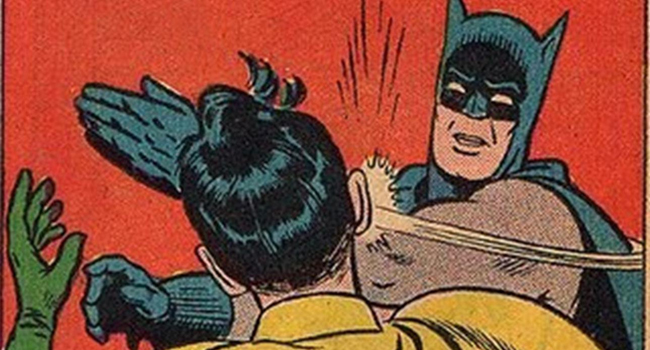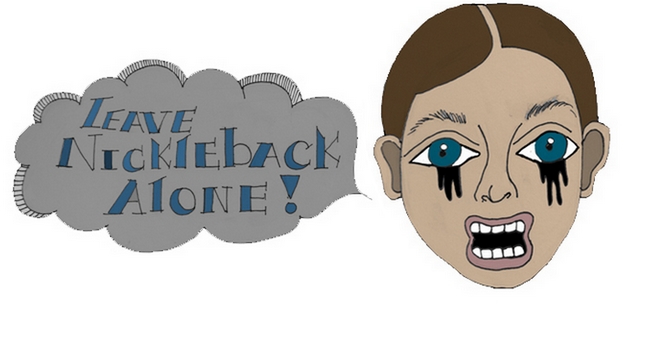Like it or not, modern American life is permeated with digital interactions.
Making phone calls, sending text messages and even going grocery shopping can be accomplished with digital technology. Many applaud the revolution of ease and convenience bestowed by the digital era. However, some argue that such conveniences come with certain costs, especially when consuming digital music.
The debate, which has been raging since the halcyon days of the once ubiquitous digital music nexus known as Napster, spawned from contrasting viewpoints surrounding audio quality, convenience and availability, pitting the alleged superior quality of analog against the convenience of digital music formats.
Together, these formats dominate the distribution of popular music. However, none of these formats exist in a vacuum. Over the years each has amassed armies of allies and, conversely, a divergent deluge of detractors.
Each medium contains innate beneficial qualities, which aided the format’s rise to popularity. Simultaneously, each is hindered by intrinsic design deficiencies.
Purportedly, as vinyl enthusiasts are so eager to claim, records are supposed to be the most accurate consumer level reproduction of an artist’s master recording. Though, this is debatable as other formats contain a wider range of audio frequencies than vinyl. Still, when playing a virgin 180 gram vinyl on a properly set up enthusiast-level turntable, one can hardly argue with the resultant full tones, especially when juxtaposed with a low-quality MP3.
Additionally, vinyl has history on its side. Today, the black record is an instantly recognizable icon as synonymous with symbolically representing music as the treble clef. This token format, which spans both international borders and generations dating back to the late 19th century, has not only enjoyed the longest shelf life of its relatively young contemporaries, it’s also experiencing a respectable resurgence in popularity and sales at a time when the sale of other physical formats are steadily declining. Nonetheless, this upward momentum should be put into perspective as vinyl’s sales numbers still pale miserably in comparison to the sales of both digital downloads and CDs.
Where vinyl truly flounders, however, is in the convenience category. No one carries their entire record collection with them on their morning jog. How many turntables have you had installed into the dashboard of your car? Even many DJs, thought to be among the purest of the pure audiophiles, have admittedly moved over to CD collections, which are much simpler to lug around. Even Polyvinyl Records, the eponymous vinyl vendor, offers digital download coupons with their records which openly state “buy the vinyl for home listening and enjoy the download on-the-go.”
Vinyl’s tangibility is both its blessing and its curse. The analog delivery can provide almost unparalleled sound quality; however, its cumbersome size, limited production and potentially expensive equipment keep it from once again becoming the standard audio format. Yet, vinyl’s intangible qualities seem to far outweigh those practical matters. Pearl Jam, arguably Seattle’s most iconic rock band, succinctly describes the virtues of vinyl in the song “Spin the Black Circle.” Eddie Vedder croons in his raspy baritone extolling the ritual of vinyl singing, “Pull it out/ A paper sleeve/ You’re so warm/ When I lay down your crooked arm.” A vision of the decades-old ceremonial act of cherishing large artwork and pouring over a fully legible lyrics sheet, while subsequently removing the fragile disc and laying it on the turntable comes to mind. Tenderly drop the needle onto vinyl and the endearing act is complete.
Digital formats have had a vice-like grip on popular music sales since the early ‘90s when CDs first outsold vinyl. The combination of CDs’ unprecedented storage capacity, crystal-clear audio (many people do not like the clicks and pops of records) and their comparatively small size ushered in the digital music revolution.
Currently, CD audio quality can rival, if not surpass, that of vinyl. MP3s and other digital audio files on the other hand are more volatile. The audio quality of digital formats can vary wildly and many times, if you are not exclusively listening to a retail CD, it is nearly impossible to figure out the actual quality of digital music. MP3s employ heavy compression, which has the potential to drastically reduce the quality of one’s music. To combat this reduction, digital formats are constantly being tweaked in order to squeeze more audio information in to the same amount or even less space.
When contrasted with vinyl, the digital mediums are incomparably convenient. The ability to potentially store your entire music collection on a device no larger than a deck of cards is attractive to any music lover and makes that morning jog much less physically taxing. As for availability, a quick look at iTunes or a local used music store will quickly overwhelm your lust for music. The prices are dirt cheap, and sometimes free, if you know where to look.
After carefully considering the aforementioned arguments, it looks as though no clear winner will definitively rise out of the mire of music format warfare anytime soon.
Vinyl, much like a cockroach in a nuclear blast, simply will not die. That format has not only survived over 100 years of innovation including countless new and supposedly superior devices (remember MiniDisc players?), it has made a comeback.
Likewise, digital media is no longer in its genesis; it has established itself as the dominant choice of music consumers in the United States.
So, maybe the problem is not in any of the individual formats we choose listen to; perhaps the debate, placing the proponents of each format in subjective and arbitrary opposition, is itself intrinsically flawed.
Claiming an air of superiority by exclusively listening to vinyl, or any other format, brands a person as an elitist bullshit-artist. Could it be that preference for one format over another has no overarching basis in fact? The choice is purely subjective and music transcends such meaningless quibbles. Instead of arguing, perhaps we could bask in the myriad choices we have available.
It is as simple as this: Fuck the format and just listen to some damn music.



